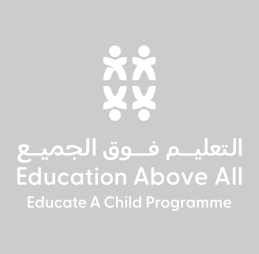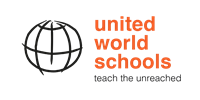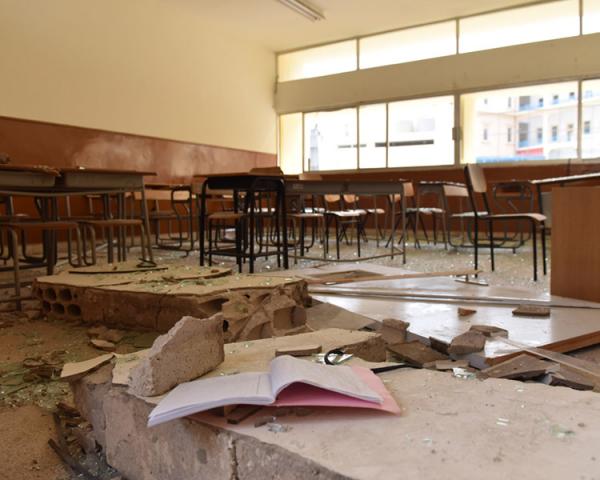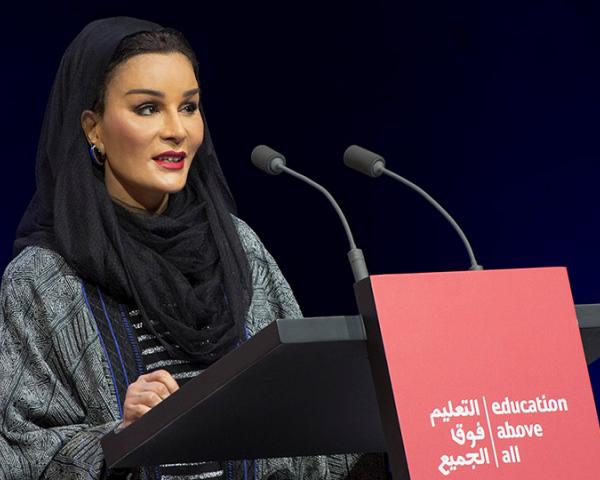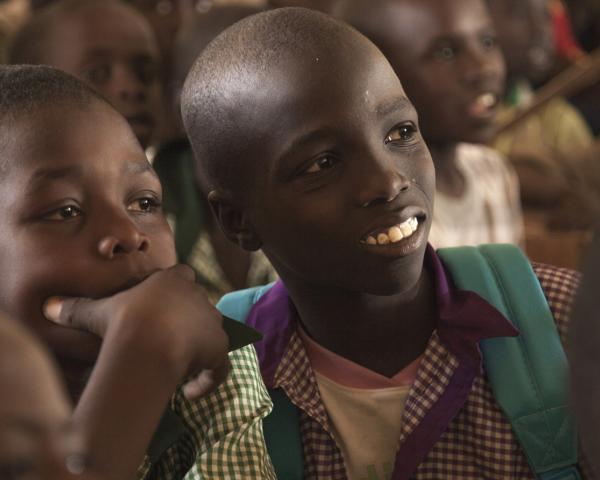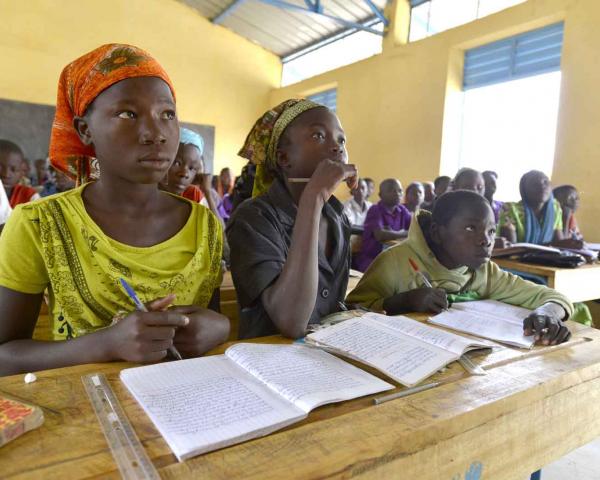Supporting 5,000+ At-Risk Children Project
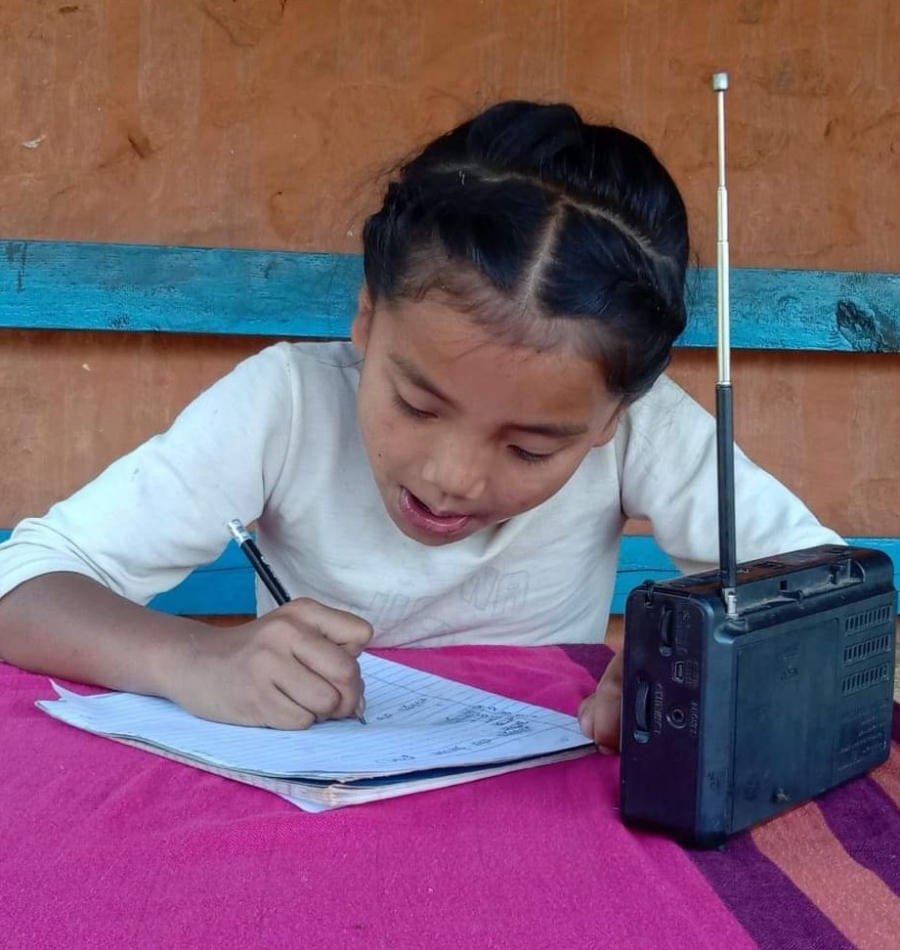
United World Schools (UWS) is an independent organisation providing education opportunities to children who have been denied access. UWS has a sense of social purpose combined with a balanced sustainable model that focusses on educating children in post-conflict developing countries whilst stimulating global cultural exchange and understanding. As its mission, the organisation works with communities to build schools and develop the skills of local teachers, providing a low-cost and sustainable path “to teach the unreached”. Through active partnerships between community schools in economically disadvantaged regions of the world and more affluent schools and organisations, UWS’ intervention model has proven effective.
Based on previous experiences in Cambodia, Myanmar and Nepal, UWS has identified barriers to retention that make it difficult for students to remain in education. The primary objective of the current joint EAC/UWS Supporting 5,000+ At-Risk Children Project is to increase the retention of children considered to be at ‘high-risk’ and ‘most at risk’ of dropping out of primary education in the aforementioned countries.
Furthermore, the Supporting 5,000+ At-Risk Children Project will build local capacity to attempt to lessen the incidence of dropout, as well as design, test and measure the impact of its retention activities. Overall, the project strategies centre on: 1) identifying at-risk students; 2) building systems and capacity; 3) engaging families; 4) providing targeted support; and 5) community sensitisation. Specific activities include home visits, selecting and training School Retention Teams, leading community dialogues to promote the importance of education, the provision of school supplies, uniforms and sanitary kits, and targeted tuition classes focussed on remedial education to help children catch up on their lessons.
For more information about this EAC Implementing Partner, please visit the United World Schools website.







